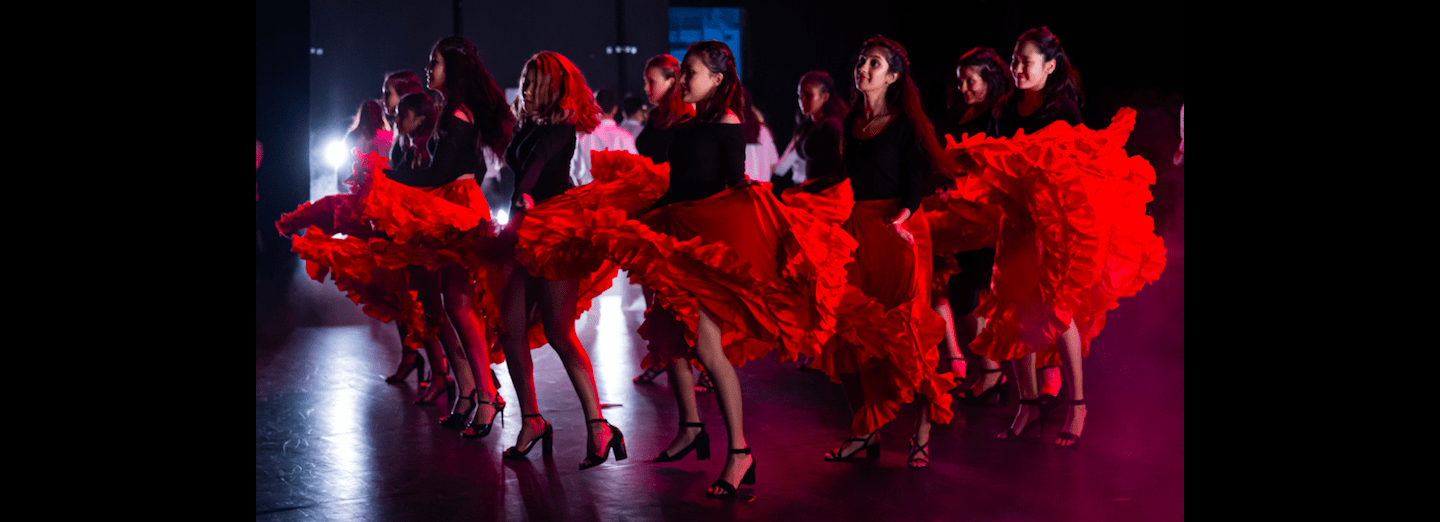The documentary called the Girl in the River, brings to light the controversial topic that is universalism and cultural relativism. It tells about a woman who had survived an honor killing. Her father in committing this act violated several of her human rights.
Human rights violations depicted in this documentary include…
- #3 – Right to Life, Liberty, Personal Security
- #5 – Freedom from Torture, Degrading Treatment
- #16 – Right to Marriage and Family
There is no doubt situation that Saba (victim) had experienced was inexplicable. Nevertheless, there was a silver lining – she had sparked conversations. Her bravery had struck her community to question the reasoning behind their cultures’ practices, specifically honor killings. Whilst watching the film, much like the criminal investigator, I whole-heartedly believed that following through with her universalist perspective was the path to take. However, from my perspective, it was difficult to gauge the severity and true conditions of the possible aftermath. I believe that if the demanding pressure on her or her husband’s family was not present, she would have definitely advocated for waving the pardon. I understand but yet also fail to understand the complexity of the situation. I have all the respect that she would take responsibility for taking into account not only her needs but also for those around her, specifically her husband’s family. It is impossible to fathom the circumstance, nevermind gauging Saba’s thoughts. To have this heinous act be passed and overlooked simply as a cultural issue when in reality, I believe is rooted in an issue far more severe.
The Universal Declaration of Human Rights (UDHR) was created to collate a set of rights that are meant to be applicable to each and every person, regardless of race, culture, religion, etc. However, in situations where these rights are violated, the decision whether to view the situation with a universalist or cultural relativist lense is inevitable. Ultimately, both sides can be argued in great depth and it comes down to perspective. Personally, I think that every and all human rights violation is unacceptable despite the circumstances. No matter which culture, background or religious beliefs, I believe that first and foremost they are a person, human, and should be respected with the rights they possess accordingly. The value and significance of each and every right should not be overlooked simply over the justification of cultural relativism.


I had the same feelings as you when watching the documentary and how it was difficult to understand the complexity of the situation. You used vital information in this blog post to really show what the documentary was about and how you showed what human rights were being violated and stood out to you.
I really like how you looked at the case from all the perspectives possible and understood not only your perspective but the perspective of Saba and other people in her community too and then understanding the reasons behind it. You went into depth about how we could think something “universalism” but we wouldn’t understand the aftermath that she would have to live through if she followed the universalist route. Although you believe in universalism you can see why others wouldn’t depending on their religious interpretations and cultural beliefs. I think you have a very clear understanding of this topic.
Good Job!